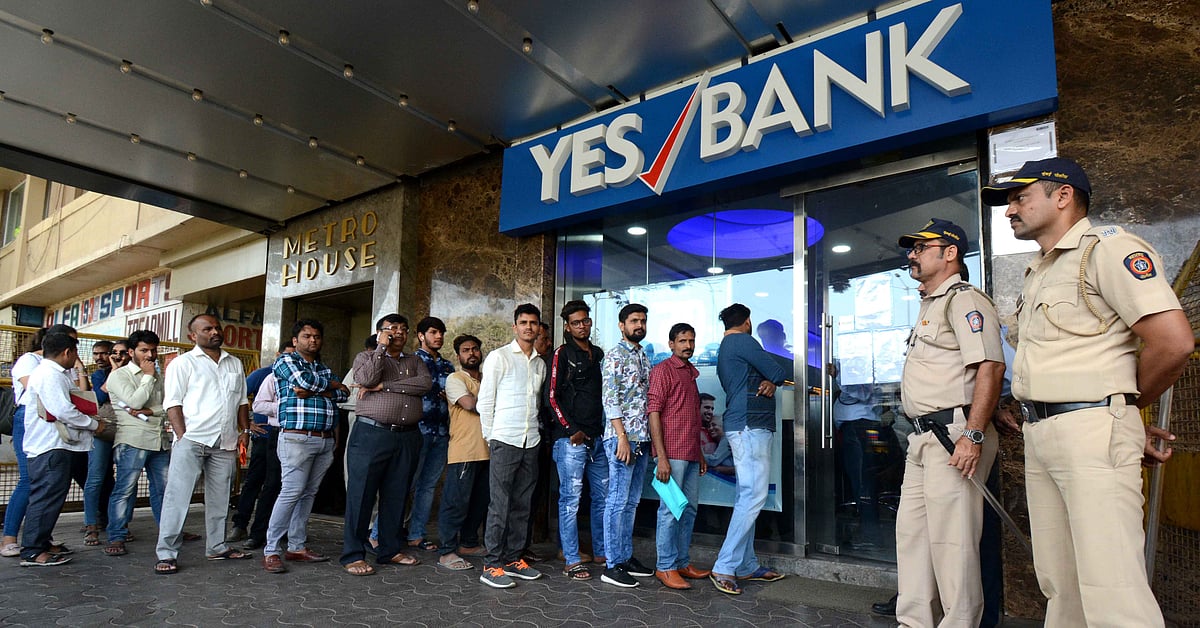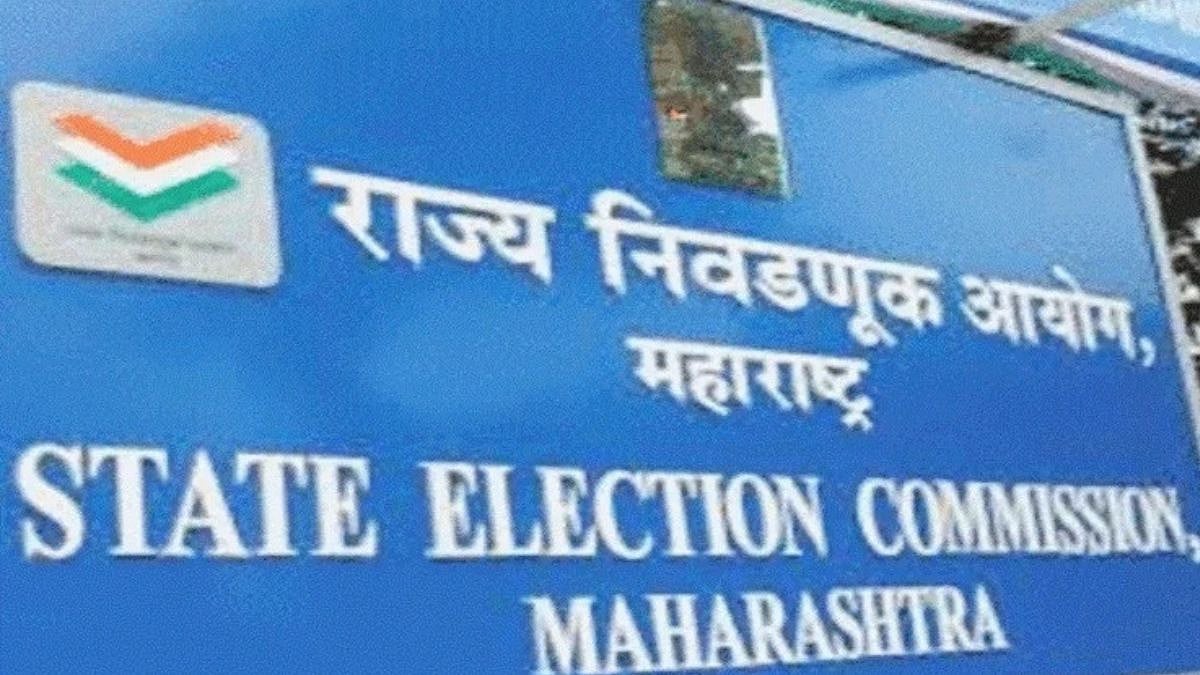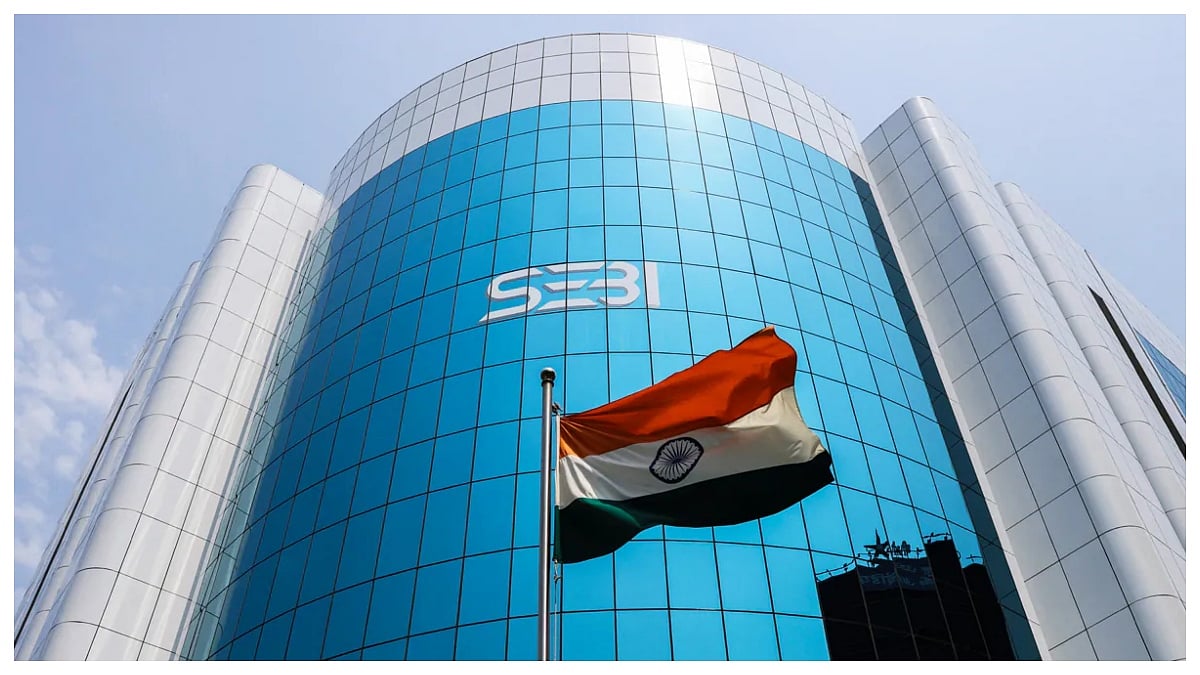Every time a bank or any other financial institution falls apart in India, the experts say the worst is over. But with the reports of YES Bank pouring in, the question is back: Is the worst over? To this, experts now respond by saying the worst is still in the making.
Without mincing words, Harsh Roongta, a financial adviser and former banker, said, “We are hoping this is the last (fiasco) one in the financial industry. But not the last firm to go belly up.”
Post the IL&FS, Essel group, and other failures, experts were hoping the worst was over, but now there are talks that it is too early to comment.
Madan Sabnavis, Chief Economist, Care Ratings, said, “We do not know if the crisis is over but some level of it is handled. While the public sector came out of the crisis, there are others that did come out safe.”
Adding to Sabnavis’ take, AIBEA, joint secretary, Devidas Tuljapurkar, said, “Everyone pointed fingers at the public sector but in reality, it is the private sector that is inefficient. None of the public sectors failed, but the private sector is the one that is in trouble.”

While in the case of YES Bank, the issue started cropping up since the financial crisis of 2008, but it managed to keep itself afloat. But now, the government and Reserve Bank of India (RBI) decided to put the plug. An economist said, “The problem for YES Bank is not that their NPAs are high but the issue is that their deposits are low. The bank has some large assets.” For the last five years, the loan book of the bank grew by over four times, but deposits did not match that requirement. The gross non-performing assets increased from 0.31 per cent of gross advances as of March 2014, to 7.39 per cent at the end of September 2019. As of the September 2019 ended quarter, the net NPA ratio of the bank stood at 4.35 percent.
With State Bank of India coming forward and agreeing to invest Rs 2,450 crore immediately, the revival looks possible, stated an expert familiar. “As SBI is a state-run bank, the government will back it with the capital and SBI can invest in YES Bank without any fear. This investment by SBI will be a profitable investment.” It is expected that after three years, SBI can either keep the stakes or sell the stakes of YES Bank. As per the revival plan, SBI will pick up 49 per cent stake.
YES Bank, at one point, was the favourite among the investors. But today, most investors are expected to lose their money. “While investors are expected to lose money, the focus is to save money for the depositors,” stated an analyst. According to Roongta, the investment sentiments are hit badly with this failure. He added, “Incidents like these chase away investors.” It is expected that faster such problems are resolved, faster will investors reinforce faith in the Indian economy. And for YES Bank to revive, the authorities will have to act faster and any delay leaves less or no chance for it to get back to health.









